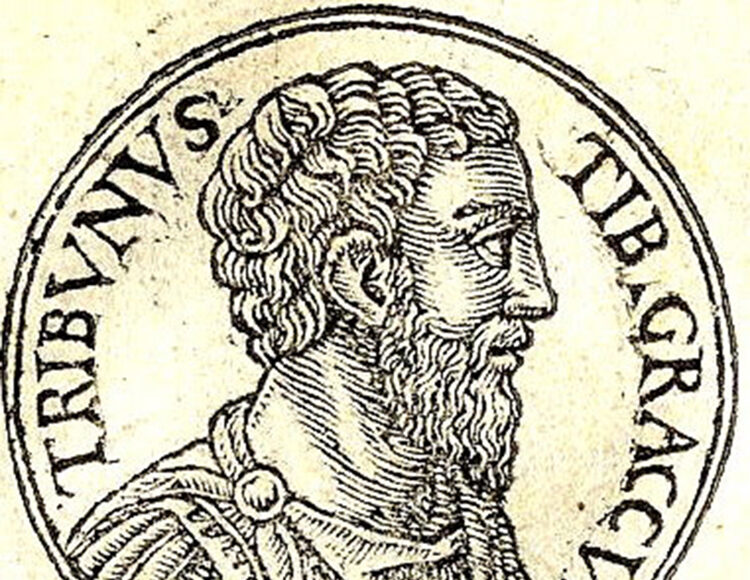I wonder, long-dead-brothers, did you weep
When they cast you down to dark, fitful sleep?
Filled your skulls with molten lead
Traitor’s finding fee to claim
Your bodies, to wild dogs fed
Cursed – the mention of your name
Undone your works and all your deeds
Your lives not all your could not save
Paupers’ blood choked out Tiber’s reeds
And chains were put back on the slave
The war you waged, we fight in our lands
Though new Senators sit on the Hill
They still take the bread from out our hands
Enslave us with debt and with the sword – kill
Or were your eyes fixed on future regions
Where killing two Gracchi raised up legions?
Author’s Note: Tiberius and Gaius Gracchus were Roman aristocrats of the late 100’s B.C.E. They were the scions of the most powerful family of their era, yet cast aside their privilege and power to be the Tribunes of the People, officers of the state specifically elected to defend the interests of the common people against the slave-holding aristocracy. Tiberius was murdered in a street fight by aristocratic thugs in 133 B.C.E, while attempting to pass a bill designed to break up the giant slave-holding estates and redistribute the land to the people. His younger brother, Gaius, attempted an even more radical plan – freezing the price of grain to make it affordable to the poor, granting citizenship and voting rights to the non-Roman population, and destroying the giant slave-plantations. In 121 B.C.E, twelve years after his brother was killed, Gaius Gracchus was hunted down by a mob in the streets of Rome, where a bloody battle ensued between the followers of the Gracchi and the supporters of the aristocracy. Gaius fled to the Aventine Hill, traditional seat of popular rebellions, where he was betrayed and killed. Gaius was decapitated and his skull was filled with lead – Roman senators paid their bounties by weight.

